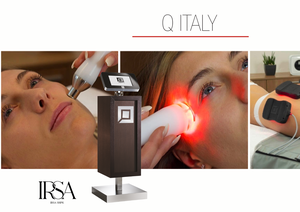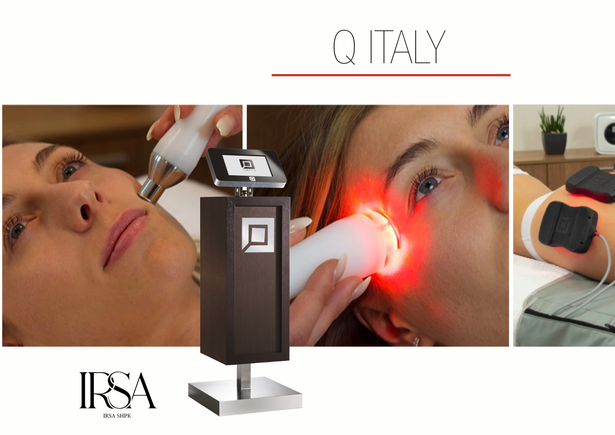1- Love is selfish, consent is selfish
When you're in love, your focus is to make others happy. Always think about the ways you can make your partner feel in love and fulfilled. You don't keep the results of your matches, you don't think who's helping the most, or who's washing the pots. You don't try to blackmail your partner, manipulate him or dominate the relationship.
When you like someone, you focus more on how your partner can make you feel happy. You become dependent on your partner and you can try to control him to avoid abandonment. Instead of facing your own issues, you use it to increase your self-esteem and meet your gaps. You believe he is responsible for your happiness and get frustrated and angry if he doesn't give you pleasure.
2- Love is liberal, consent is controlling.
The partner in love allows you to be yourself and moreover not to be afraid of your weaknesses. Mutual trust becomes a powerful promoter for personal development for both partners. Love is never controlling because, in fact, it exceeds control. The partner's ability to accept you as you are and the incentive to pursue dreams allows you to go beyond the need for control of his life.
Consent, on the other hand, tends to have controlling behavior. You can discourage your partner from spending time with friends or focusing unhealthyly just to satisfy him.
3- Love is mutual growth, consent is limited
If you're in love, you and your partner will grow up together. When you two try to be the best version of yourself, you can be better than if you were alone. In short, your partner stimulates your growth and you do the same with it.
In the case of consent, you try to control and your inability to find solutions to your problems, limits your and your partner's growth. Not by chance this restriction on growth by both partners makes it difficult for lovers in a healthy way.
4- Love is eternal, consent is momentary
Love survives over time. You and your partner can be temporarily or permanently separated, but if you are in love, that person will always have a place in your heart and wish the best for him for life.
On the other hand, if you just like it, after the split, you'll hold each other's feelings. You may feel betrayed because you assume that your partner has an obligation to make you happy and who has not fulfilled this obligation.
5- Love lowers focus on yourself, consent increases it
When you're in love, you become less focused on yourself. Your relationship reduces your ego, makes room for growth and encouragement to be less selfish and more loving. The relationship you have with your partner positively affects your changes. Most importantly, you can both encourage sharing your weaknesses, pointing them out and communicating openly.
Burimi: Psychology Today








